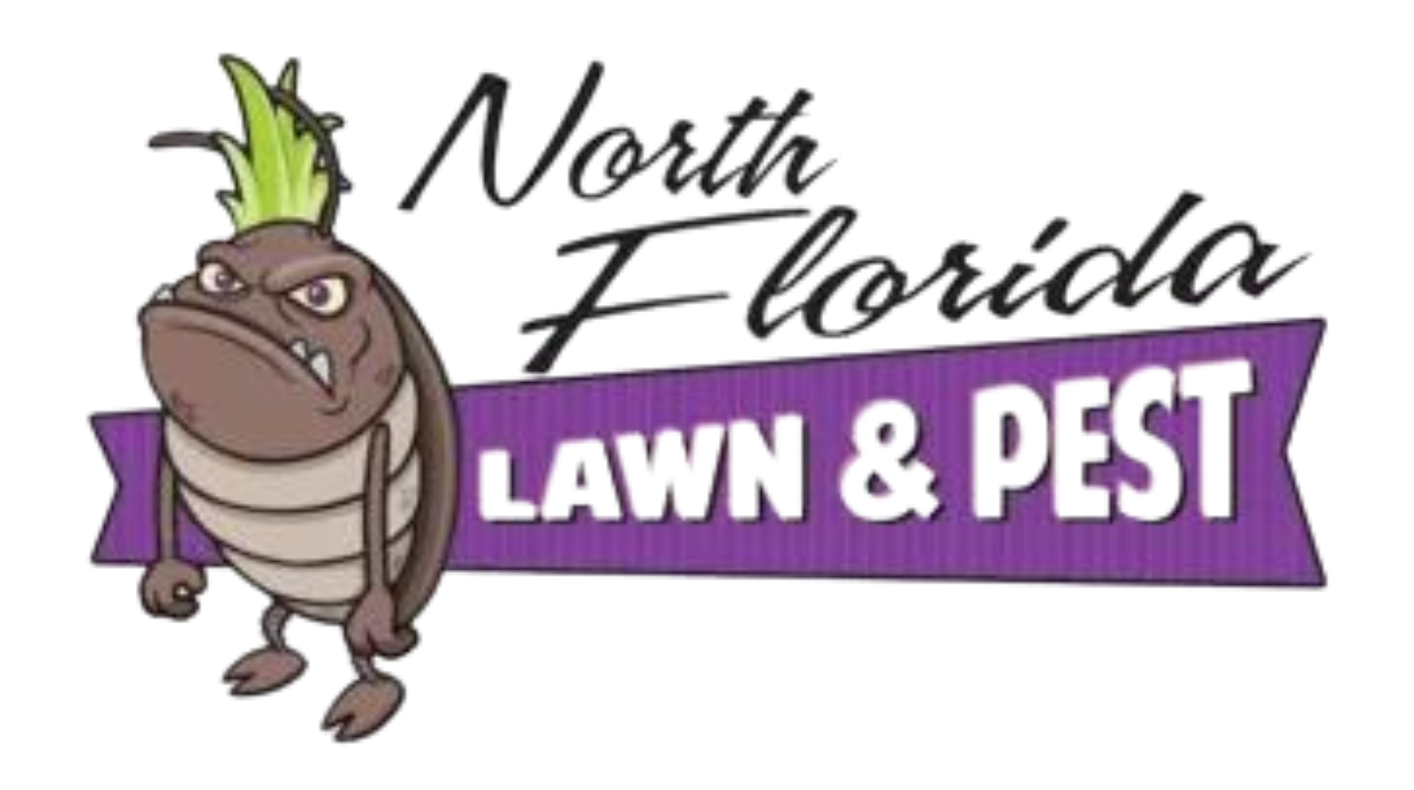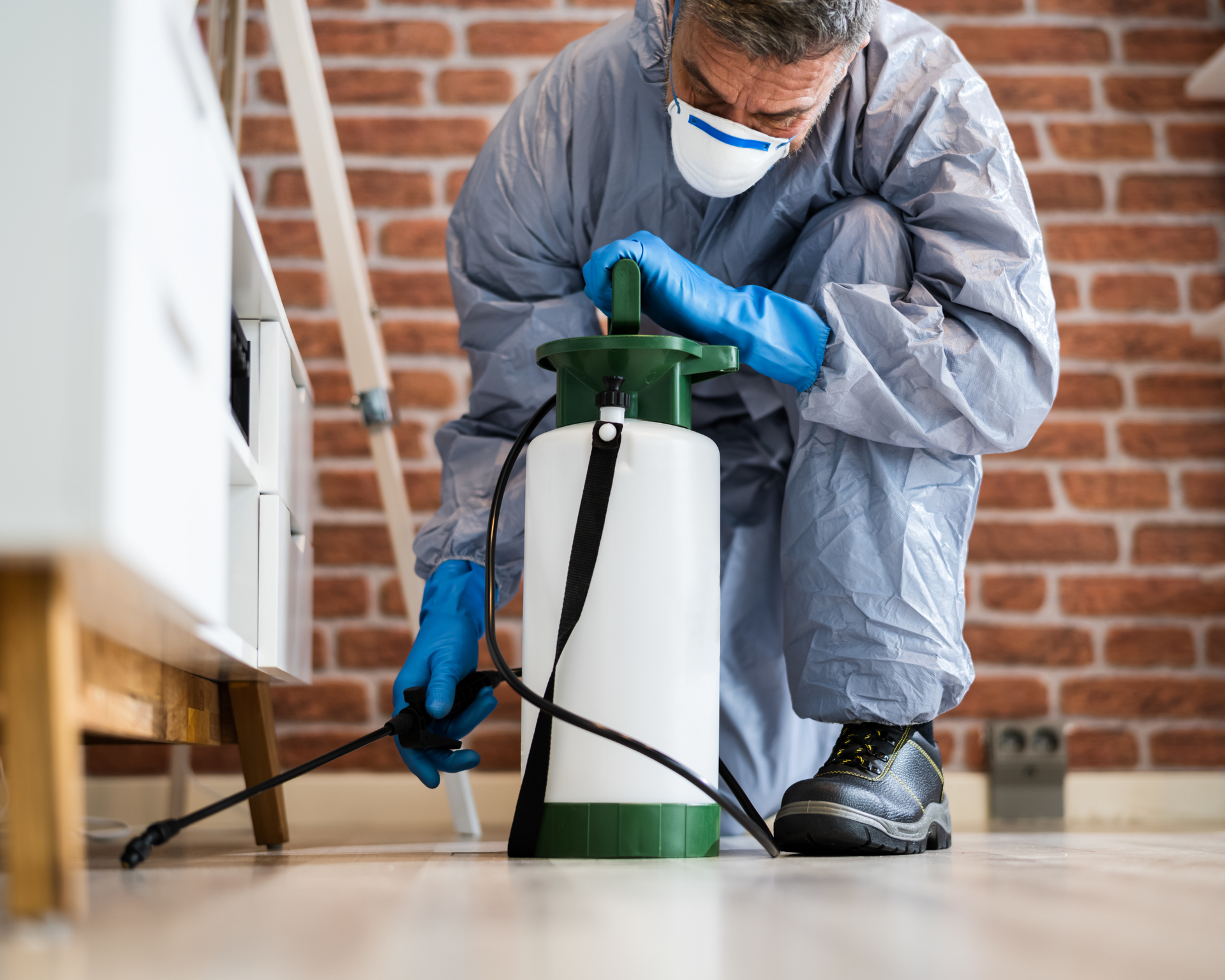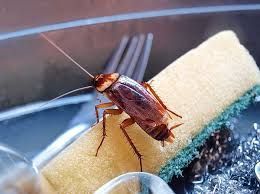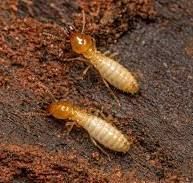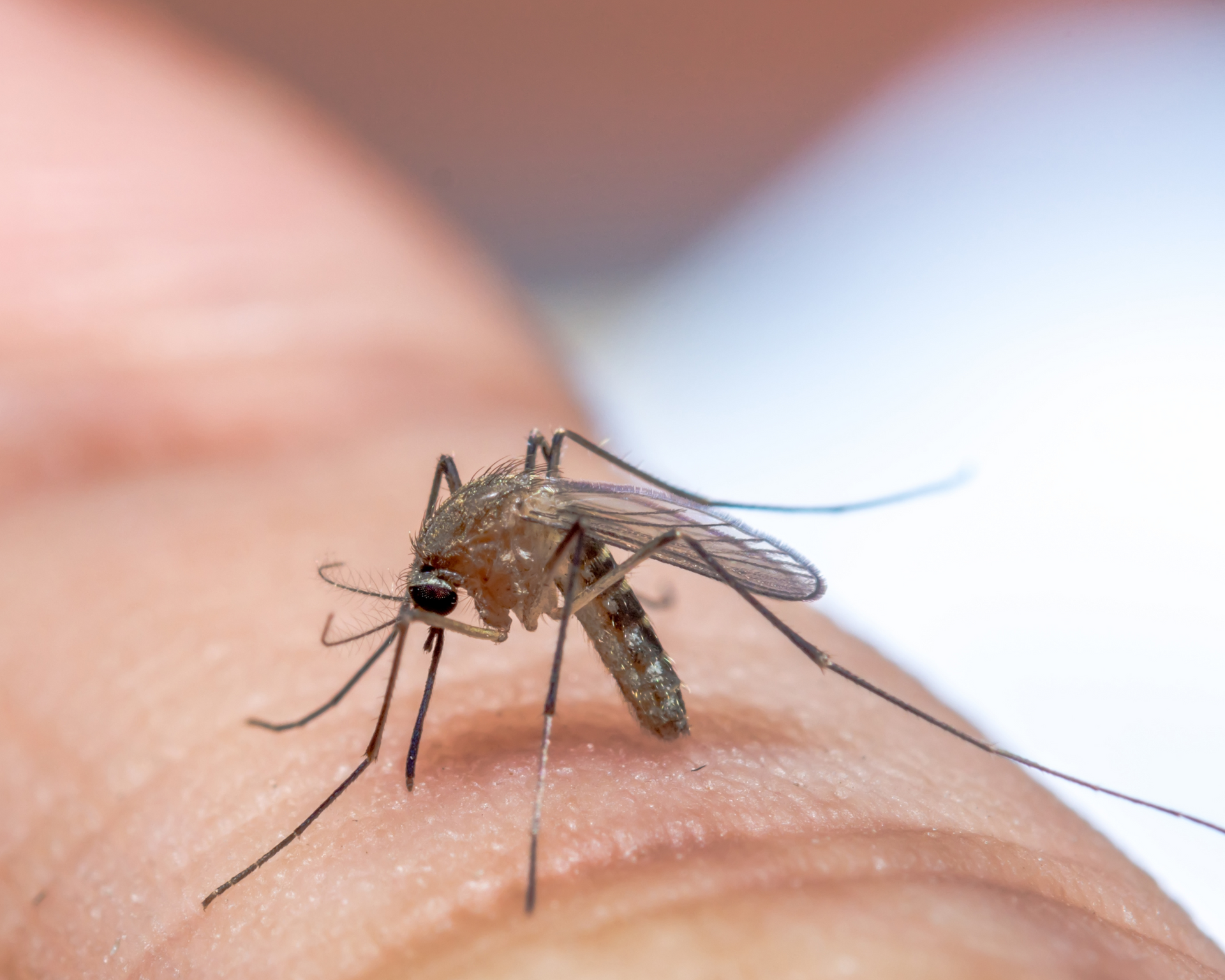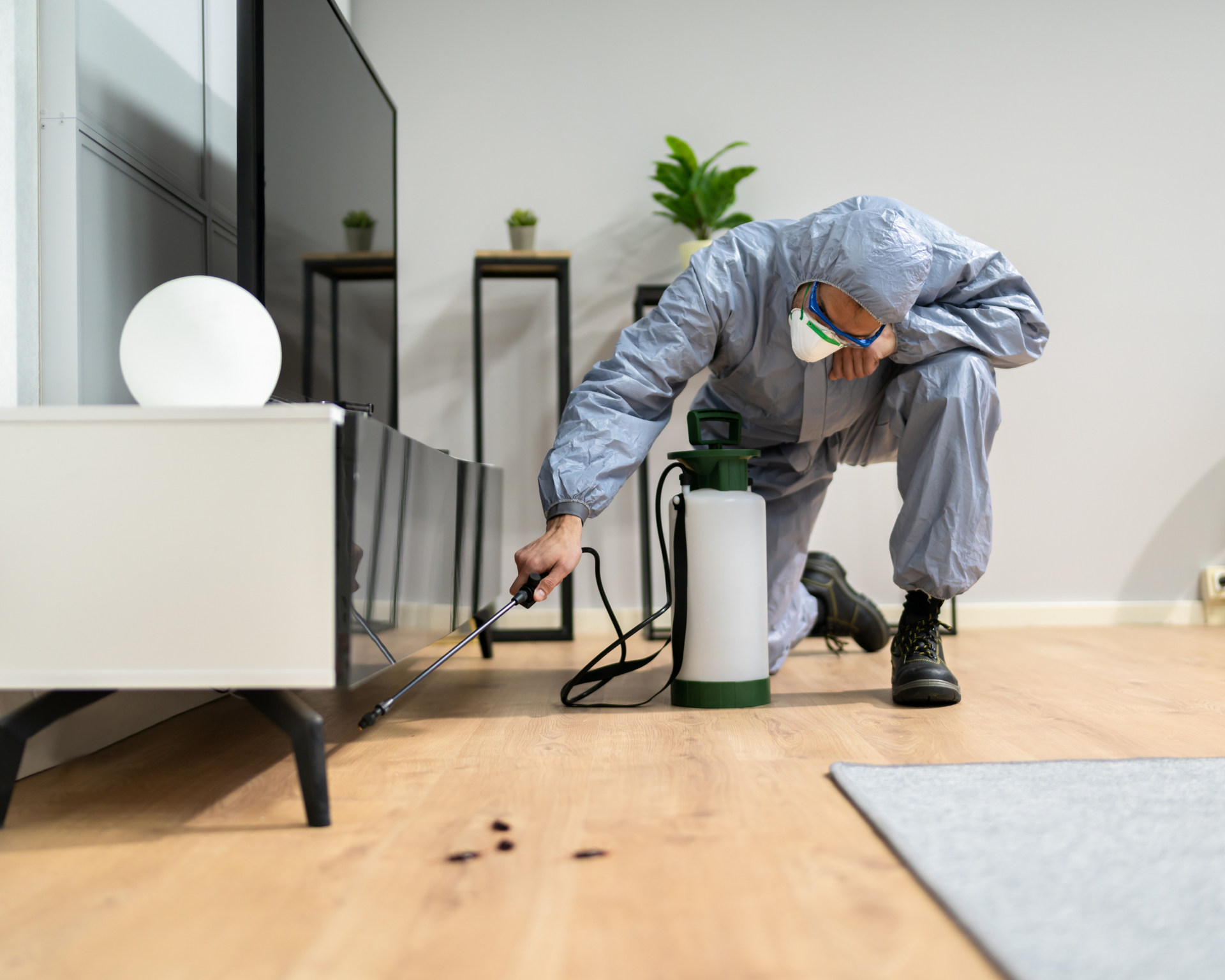Can Essential Oils Be Used as a Natural Pest Repellent?
Is Essential Oil Can Be A Natural Pest Repellent?
Pests can be a real headache, whether they’re munching on your garden plants or creeping into your home. But did you know that essential oils can help keep these pesky invaders at bay? Yep! These natural plant extracts don’t just smell amazing—they also pack a powerful punch against bugs, making them an excellent alternative to chemical-laden repellents. If you're looking for a natural pest repellent, essential oils offer an effective and eco-friendly solution.
Why Use Essential Oils for Pest Control?
If you’ve ever walked into your garden only to find holes in your leaves or noticed ants marching through your kitchen, you know how frustrating pests can be. But before reaching for synthetic sprays, consider using essential oils! They’re a great option because they’re:
- Natural and non-toxic – No harmful chemicals!
- Multi-purpose – They can repel insects while offering other benefits (like relaxation and air purification).
- Cost-effective – A little goes a long way, making them a budget-friendly pest control method.
- Customizable – You can mix and match different oils based on the pests you want to target.

The Best Essential Oils for Repelling Pests
Not all essential oils work against pests, but some are real MVPs when it comes to keeping unwanted critters away. Here are some of the best ones:
🌿
Cedarwood Oil –
Works wonders against ants, mosquitoes, and even ticks. This oil disrupts their biological functions, forcing them to flee.
🌿
Peppermint Oil – Bugs hate the intense smell of peppermint! It’s a great deterrent for ants, spiders, and even mice. Bonus: it makes your home smell fresh and clean.
🌿
Lavender Oil –
While we may love the calming scent, bugs like moths, mosquitoes, and flies can’t stand it.
🌿
Clove Oil – This powerhouse repels flies and disease-carrying insects. It’s especially helpful for keeping your garden plants healthy.
🌿
Lemongrass & Citronella Oil – These citrusy oils are famous for warding off mosquitoes. They create a barrier that bugs don’t want to cross.
🌿 Orange Oil – Not only does it smell amazing, but it also destroys insect exoskeletons, making it effective against ants and roaches.
DIY Essential Oil Pest Repellent Spray
Making your own natural bug repellent is super easy, and it gives you complete control over what goes into it. Here’s a simple recipe to try:
Ingredients:
- 10 drops clove oil
- 20 drops peppermint oil
- 10 drops of cedarwood oil
- 10 drops of lavender oil
- 10 drops orange oil (optional, for infestations)
- 2 cups water or vinegar
- 5 drops dish soap (helps the spray stick to surfaces)
Directions:
- Add the essential oils first, then pour in the water or vinegar.
- Swirl gently to mix, then add the dish soap.
- Shake well before each use.
- Spray generously around entry points, garden plants, and anywhere pests tend to gather.
- Reapply after rain or every few days for best results.
Additional Ways to Use Essential Oils for Pest Control
- Cotton Ball Trick – Soak cotton balls in essential oils like peppermint or lavender and place them in corners, drawers, and entryways to keep pests away.
- DIY Diffuser Blend – Mix your favorite pest-repelling oils and add them to a diffuser. This keeps bugs away while making your home smell great.
- Essential Oil Candles – Create your own pest-repelling candles using citronella, eucalyptus, or lavender essential oils. These are perfect for keeping mosquitoes at bay during outdoor gatherings.
- Spray for Pets – If your furry friends are dealing with fleas, mix a few drops of lavender and cedarwood oil with water and lightly spritz their bedding. (Always check with your vet first!)
Other Natural Ways to Keep Pests Away
Aside from using essential oils, here are a few more tricks to keep bugs at bay:
- Plant Herbs – Basil, mint, and rosemary naturally repel insects.
- Encourage Beneficial Bugs – Ladybugs and lacewings help control aphid populations.
- Keep Things Clean – Crumbs and standing water attract pests, so regular cleaning helps!
- Use Essential Oils in a Diffuser – This keeps indoor spaces bug-free while making your home smell incredible.
Are Essential Oils Safe for Pets and Children?
While essential oils are natural, not all are safe for pets and kids. Some oils, like tea tree and citrus, can be harmful to pets if ingested or applied directly to their skin. Always dilute essential oils properly and consult with a vet or doctor before using them around young children and animals.
Want To Learn More? Contact Us
Essential oils are a fantastic natural pest repellent and an excellent alternative for chemical-based pest control. Whether you’re protecting your garden or keeping your home bug-free, these plant-powered repellents are effective, easy to use, and smell amazing. Give them a try and enjoy a pest-free space, naturally! By incorporating essential oils into your daily routine, you can create a safer and more pleasant environment while keeping pests away in an eco-friendly way.
And if you're looking for an expert, don’t hesitate to contact us here and get to know how our different pest control services can help you.
Our Additional Posts On Pest Control
Copyright © 2024 - St Augustine Pest Control by NFLP All Rights Reserved
